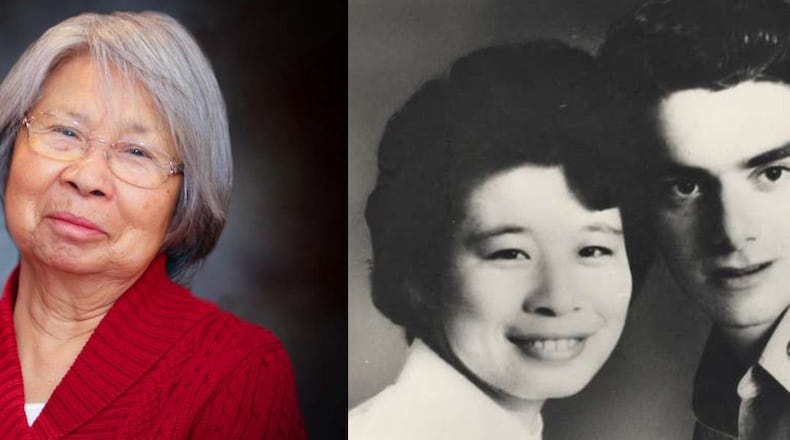Drug warnings issued
Nizoral, or ketoconazole, oral tablets have been used to treat skin and nail fungal infections. But the U.S. Food and Drug Administration has issued a series of warnings about the drug.
In July 2013, the FDA said Nizoral should not be a first-line treatment for any fungal infection; it should be used only when alternatives are not available or tolerated. The agency warned the medication “can cause liver injury, which may potentially result in liver transplantation or death.” The agency recommended that those who take the drug be assessed and monitored for liver toxicity.
This past May, the FDA heightened the severity of its warnings. It said health care professionals should avoid prescribing Nizoral to treat skin and nail fungal infections because it “carries the risk of serious liver damage, adrenal gland problems and harmful interactions with other medicines that outweigh its benefit in treating these conditions, which are not approved uses of the drug.”
When Ok Hui Smith sought out medical care for a discolored toenail, a McDonough doctor prescribed her the drug Nizoral.
Four months later, the 78-year-old woman was hospitalized for liver failure. Three weeks after that, on Jan. 23, 2014, with her family at her bedside, she was pronounced dead. Smith is survived by her husband, seven children, 17 grandchildren and one great-grandchild.
It turned out that Smith’s doctor had put her on a drug known to cause potentially lethal liver toxicity, and he failed to monitor her liver function during the 4½ months Smith was taking it, Dave Krugler, one of the family’s lawyers, said.
Just weeks before Smith’s doctor’s visit in August 2013, the U.S. Food and Drug Administration issued a warning to health care professionals about Nizoral, saying it could cause liver damage. The FDA also said patients who were taking the drug should be periodically checked for possible problems.
“Either the doctor wasn’t aware of the warnings or just didn’t follow them,” Krugler said.
This week, Smith’s surviving husband settled his medical malpractice case against McDonough Primary Care and Dr. William Van Laar for $4.9 million, Krugler said. The settlement comes less than a month after a federal jury in Atlanta awarded $4.7 million for Ok Hui Smith’s wrongful death, pain and suffering, and funeral and medical expenses. (A federal judge later increased that award by $200,000 to account for prejudgment interest.)
“This was a clear case of malpractice and the consequences for the Smith family were devastating,” said Krugler, an Atlanta attorney. “Patients should be able to rely on their doctors, and to lose one’s life over a discolored nail is simply indefensible. … We’re pleased that we were able to get the Smith family justice at the end of the day.”
The case finally settled when the doctor’s and clinic’s insurer, MAG Mutual Insurance Co., agreed to pay the $4.9 million, even though there was only $2 million in insurance coverage, Krugler said.
Lawyers for the doctor and McDonough Primary Care did not return phone calls and emails seeking comment. In July 2015, almost a year before the trial, the doctor and his practice filed a court motion in which they admitted being liable for what happened to Smith. For this reason, the trial was over how much in damages the defendants should pay.
The federal jury deliberated 90 minutes before reaching its decision, Krugler said.
Ok Hui Smith met her husband, Thomas Smith, in 1960 while he was serving in the U.S. Army in South Korea. Three years later, they were married at the U.S. Embassy in Seoul. The couple would later move their family to posts across the U.S., eventually settling in the metro area when Thomas Smith was stationed at Fort McPherson.
After Smith retired from the military in 1989, Ok Hui Smith tended to the family’s garden, doted on her children and grandchildren and began her own custom-made bathing suit business.
She was admitted to the hospital on Jan. 3, 2014, after complaining for weeks of feeling ill. She had been coughing up mucus, looked jaundiced and had had no appetite for months, court records said. She was soon diagnosed with acute liver failure.
Over the next few days, her condition briefly improved. But then it plateaued and steadily worsened. She received narcotic medications to relieve her pain as her liver and kidneys shut down. She also gained 25 pounds as fluid built up in her body.
“Ok Hui was a very strong-willed, beautiful lady who was loved and admired by all who knew her,” said Thomas Smith, who’d celebrated their 50th wedding anniversary with her six months before she died. “She enjoyed and loved every day of her life. Her heartfelt kindness she had for everyone was surpassed only by her love she had for her family. Our lives have been deeply saddened by her death.”
About the Author


